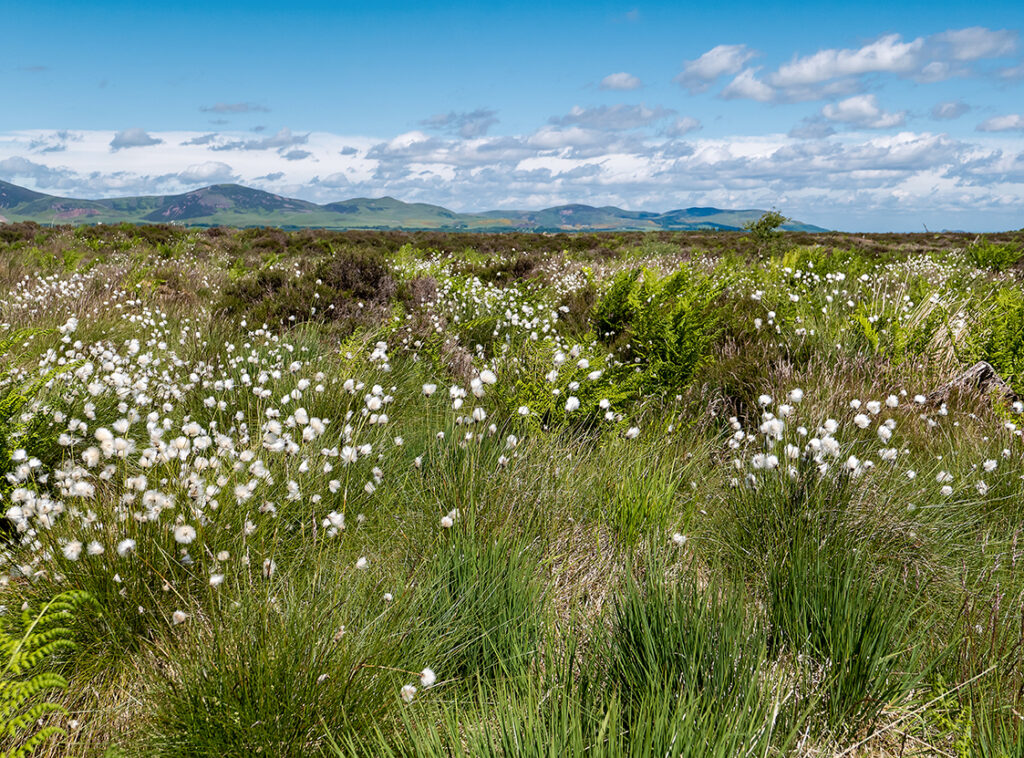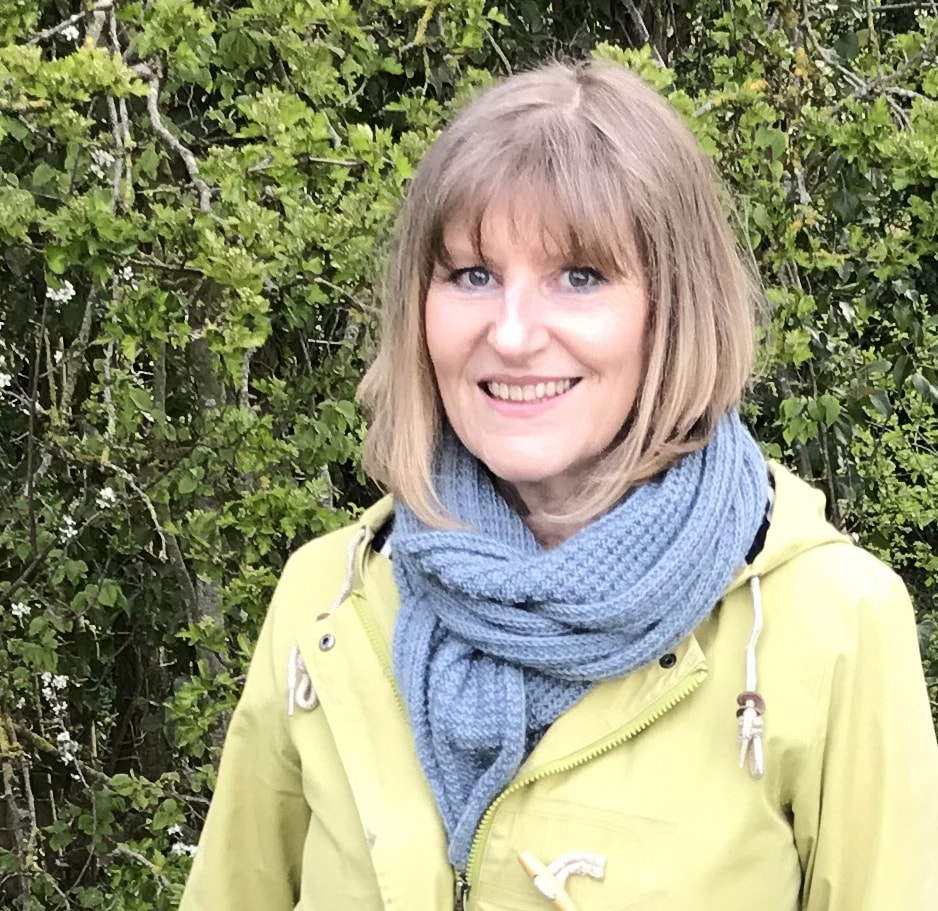The Government’s Environmental Improvement Plan, showing how it will deliver its environmental targets for England, was published on 31st January 2023. The biggest threats to nature are habitat loss and climate change. This requires an urgent, integrated action plan with a whole-of-government approach. The Government’s Environmental Improvement Plan doesn’t provide this and fails to match the pledge it made at COP15 to halt and reverse nature loss by 2030. It offers a piecemeal plan that lacks urgency with a target to reverse decline over 20 years away, in 2042.
The Food System
Farming is central to the Government’s Environmental Improvement Plan. Secretary of State Therese Coffey said it will “transform the management of 70% of our countryside by incentivising farmers to adopt nature-friendly practices.” But the Environmental Land Management schemes (ELMs) are voluntary and there are many questions about delivery and the rate of uptake. The majority of UK land is used for livestock production to meet the demands of the food industry. So how can farmers be sufficiently ‘nature friendly’ when they are locked into an unsustainable food market?

Protected peat land in Scotland. Peatland stores vast amounts of carbon—around eight times an equivalent area of tropical rainforest. But 80% of these precious habitats are degraded in the UK (87% in England). They have become a net source of carbon, accounting for almost 5% of UK net greenhouse gas emissions, due largely to drainage for agricultural use, overgrazing and burning. Nature has been squeezed to the margins. We need to free up millions of hectares to restore well connected habitats to halt and reverse the decline of nature.
The UK must boost its ambition so that nature can help tackle climate change, support biodiversity and improve our own health and wellbeing. Transformation of the countryside will only happen if the Government works hand in hand with farmers and the food industry and aligns its international trade agreements. Rishi Sunak is correct when he says that “…protecting our natural environment is fundamental to the health, economy and prosperity of our country”. However, the Government isn’t planning for nature to recover until 2042.
Zero Hour’s Nature Target
In contrast, by adopting Zero Hour’s nature target to halt and reverse nature loss by 2030, the Government could provide nature with its best chance and match the pledge it signed at COP15 for the new Global Biodiversity Framework. In a video outlining the need for a holistic, positive nature target, Dr Paul Behrens says, “The national targets don’t meet the international ambition. We are only hoping to ‘halt biodiversity loss by 2030’. That’s the equivalent of letting biodiversity degrade even further before we get around to improving things. The implication is that we will push nature towards tipping points which can completely flip the system so that it’s then really difficult to recover any nature at all.”
Zero Hour’s United For Nature campaign—supported by the Wildlife Trusts, the Rivers Trust and UK Youth For Nature—is calling on the Government to demonstrate true leadership by locking the UK’s ‘nature positive’ ambition at COP15 into national legislation.
Zero Hour campaign manager, Oliver Sidorczuk, said: “Zero Hour’s United For Nature campaign is clear that action is now well overdue. Restoring the natural world requires not only halting nature loss, but a reversal of nature’s destruction across our nations by 2030. With a public petition gaining thousands of signatures, the #UnitedForNature campaign will put nature at the heart of climate action.” Our United for Nature Petition is championed by Dr Mya-Rose Craig and Hugh Fearnley-Whittingstall. Stand with us and call on the Prime Minister to halt and reverse nature loss by 2030—nothing less will do—and we must act now.


